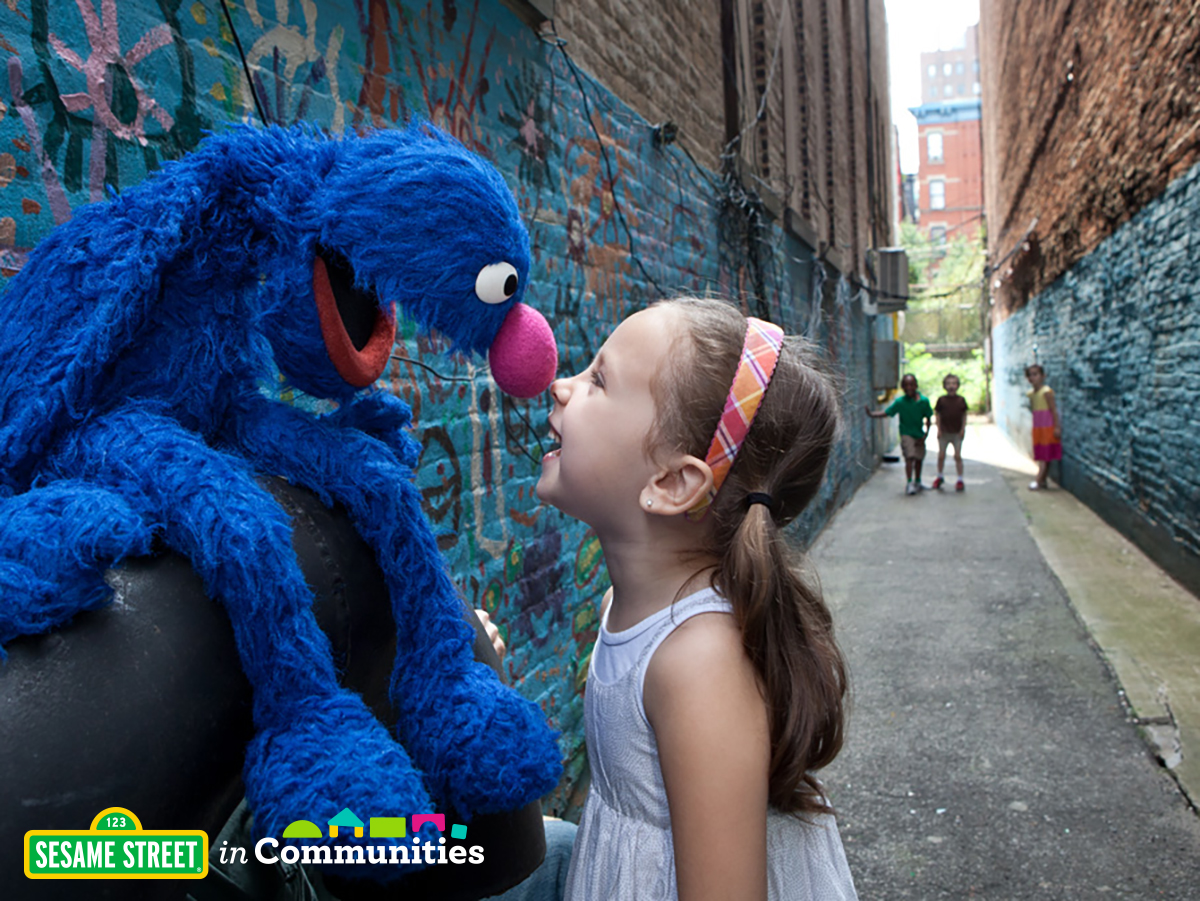
Amber's Story
It was about 4:00 p.m. when I picked Zoey up from her third day at her new daycare. She had been with a different provider for two years and never wanted to leave when I picked her up, so I knew something wasn’t right when that day she came running to me almost in tears ready to go home. I asked her teacher how Zoey did that day, but she didn’t look at or acknowledge me. The director was very short (with me) when I asked her the same question.
I took Zoey outside to leave and something in my gut told me to check her over before we left. Her right arm had bruises and scratches all over the top half and I glimpsed a bruise on her left ear. I tried to ask Zoey what happened, but at 2 years old she was too young to tell me. I immediately took her back inside to ask the teacher and the director what happened. They told me that they had no idea and didn’t know where the injuries came from, but that as a new student she hadn’t really interacted with many of the other children. At home, I noticed bruising underneath both armpits and knew that wasn’t normal so I took her to the local children’s hospital. While there, additional bruising in the form of a handprint was noted on her back. Doctors immediately confirmed that her injuries were the result of abuse.
During the abuse investigation that followed, I learned that cameras (in child care settings) are often inadequate because there are blind spots where they do not record. In the end, no one (at the center) was charged criminally because nothing was noted on cameras and my daughter was too young to interview.
I now have an infant in addition to Zoey. After pulling Zoey from that child care center, we no longer trust anyone other than their father and myself to care for them. I write this message today because I want parents and legislators to know about the dangers of child abuse in child care and to consider measures that can be put in place to prevent it.
~Amber, a mother of two young children living in the Midwest. She believes her story is a cautionary example of how flaws in how reports of child maltreatment are investigated and substantiated may lead to dismissal of legitimate cases.
Steps for Prevention
Fortunately, there are some measures in place designed to help prevent child abuse and neglect. The Child Care Development Block Grant (CCDBG) requires providers who serve children that receive subsidies to get training on abuse and neglect. One area addressed in that training is the status of providers as mandated reporters. According to federal law, providers who suspect that one of their staff members or colleagues is abusing a child must report it. If they don’t, they can be held legally liable.
The following tools can help families locate safe, high-quality child care settings, and how to report suspected abuse.
While searching for care:
- Check child care monitoring and inspection reports – A helpful tool for choosing a safe child care program is to check our State by State Resource Map to find child care and review reports on providers before enrollment or at any time while your child is enrolled.
- Get informed – Our Families section provides information and resources to help families select a quality child care program, including checklists with questions to ask a provider that will help evaluate their credentials, safety, and quality before making a decision.
- Explore alternatives – Child Care Resource & Referral agencies in communities across the nation can help parents find alternative child care options and discuss licensing requirements, so parents know what standards of health and safety to which a provider should conform.
If you suspect abuse or neglect:
- Make a report – Use our State by State Resource Map to find the phone number and website for each state to report abuse and neglect.
Join the Movement
The 2018-2019 Congressional budget allowed $5.8 billion in new child care investments. This funding helps states comply with stronger health and safety requirements, background checks, and consumer education options that give families information about child care providers, including those who’ve had substantiated child abuse and neglect violations. During this year's August Congressional recess, we are calling on the U.S. Senate to meet or exceed the CCDBG funding increase put forth by the U.S. House of Representatives. Contact your lawmaker today to advocate for more funding.
Family stories influence program and policy decisions. The Family Voices Series is a collection of stories that elevate the triumphs, challenges, and opportunities families experience in child care and early education, both locally and nationally. So grab your favorite cup of coffee or tea to enjoy while you immerse yourself in the real-world child care experiences of families from across the nation or take a stand and share your story with families alike.






